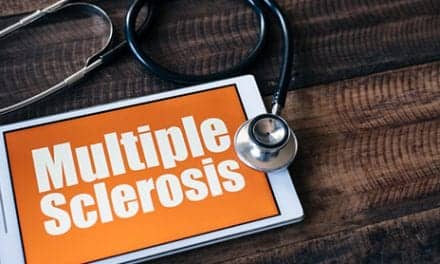Women who receive hormone therapy (HT) had a significantly lower prevalence of symptomatic knee osteoarthritis compared with women who did not take hormones, suggests a recent study in Menopause, the journal of The North American Menopause Society (NAMS).
Because estrogen has an anti-inflammatory effect at high concentrations, it has been hypothesized that hormone changes in women, especially decreasing estrogen levels, may lead to an increase in osteoarthritis after menopause.
This latest large-scale study from Korea is based on data from nearly 4,800 postmenopausal women. It suggests that the prevalence of knee osteoarthritis was significantly lower in participants using HT than those not taking hormones. The authors did note, however, that additional research is warranted to adjust for such other variables such as age and body mass index, explains a media release from NAMS.
“Past and current users of hormone therapy had a lower prevalence of knee joint osteoarthritis, suggesting that hormone therapy may be protective against knee osteoarthritis,” says Dr JoAnn Pinkerton, NAMS executive director, in the release.
“This study suggests that estrogen taken at menopause may inhibit cartilage damage and reduce knee deterioration seen on x-rays.”
[Source(s): The North American Menopause Society, Science Daily]





